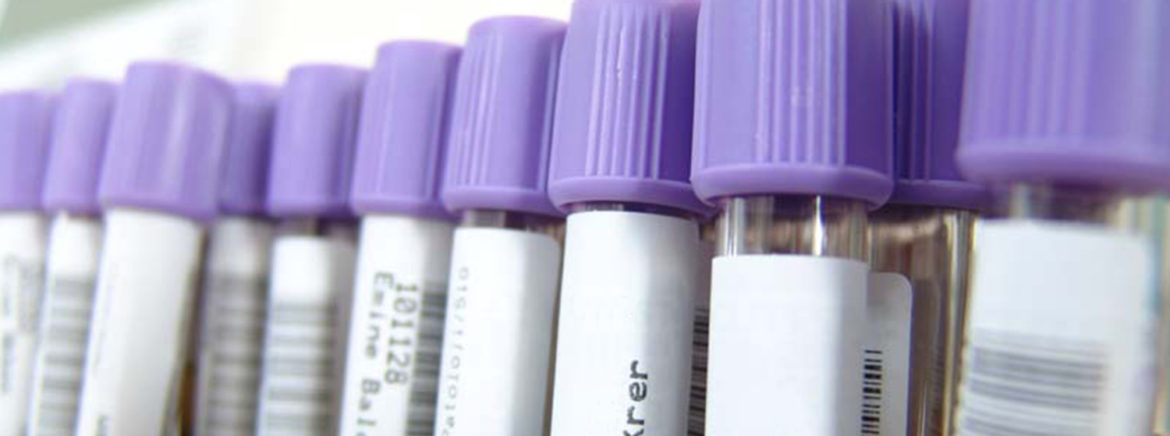Concord – On Thursday, July 14, residents whose drinking water supply has been contaminated with perfluorochemicals (PFCs) may begin the process to get their blood tested for PFCs, the New Hampshire Department of Health and Human Services has announced.
The NH Executive Council today approved contracts with Southern New Hampshire Medical Center and Portsmouth Regional Hospital, which will begin drawing blood for PFC testing on July 14.
The drinking water on the Pease Tradeport and some private wells in Southern New Hampshire have been contaminated with PFCs above the U.S. Environmental Protection Agency (EPA) Lifetime Health Advisory level of 70 parts per trillion (ppt). Individuals eligible for the DHHS PFC blood testing program include those who worked on, lived on, or attended child care on the Pease Tradeport, and residents of Amherst, Bedford, Litchfield, Manchester, and Merrimack who live on streets served by private drinking water wells that have registered PFC levels above 70 ppt.
“We share residents’ concerns about their exposure to PFCs and those impacted by these contaminations can now register to get their blood tested and find out their level of exposure,” said DHHS Deputy Commissioner Marilee Nihan. “The Department thanks the Executive Council for approving these contracts. We also wish to thank our hospital laboratory partners for making these services available to residents affected by PFC contamination.”
The DHHS PFC blood testing program will begin on July 14, when residents who meet the criteria above may begin the registration process. DHHS will proactively provide registration information to eligible residents who have called the DHHS Public Inquiry Line to register their interest or who live on streets served by private water drinking wells that have registered PFC levels above 70 ppt.
Residents who have not previously expressed their interest in blood testing will need to register with DHHS. For information about PFC blood testing and to register, please visit http://www.dhhs.nh.gov/dphs/pfcs/index.htm. Questions about the PFC blood testing program can be directed to the DHHS Public Inquiry Line at 603-271-9461, from 8:00 am to 5:00 pm.
DHHS will send instructions to eligible residents who have registered on how and where they can get their blood drawn. Once DHHS receives participant samples from the hospitals, it will send them in batches to an out-of-state lab for PFC blood testing. Participants should expect to get their results within three months.
In May 2016, the EPA issued a Lifetime Health Advisory that recommends people cease consuming water that contains levels of perfluorooctanoic acid (PFOA), perfluorooctane sulfonate (PFOS), or PFOA and PFOS combined above 70 parts per trillion (ppt).Beginning in March 2016, the New Hampshire Department of Environmental Services (NHDES) began investigating the presence of PFCs in drinking water in the State.
NHDES has established ambient groundwater quality standards (AGQS) for PFOA and PFOS at 70 parts per trillion (ppt) for each or both together. These standards give NHDES the authority to direct site remediation activities related to these contaminants and also require public water systems to comply with these standards if these contaminants are found in their sources of drinking water.
PFCs are a family of man-made chemicals that have been used for decades in the production of products that resist heat, oil, stains, grease, and water. Many chemicals in this group, including PFOA and PFOS, are present in the environment and they do not break down easily. PFCs are commonly used in the manufacturing of nonstick cookware, stain-resistant carpets, fabric coatings, some food packaging (especially microwave popcorn bags and fast food wrappers), firefighting foam, and in many other industrial applications.
DHHS has published updated FAQs for residents with questions about PFCs, potential exposure and blood testing. The FAQs are available at http://www.dhhs.nh.gov/dphs/pfcs/documents/pfc-faqs-gen.pdf.
For more information, visit the DHHS website at http://www.dhhs.nh.gov/dphs/pfcs/pfc-health-effects.htm and the NHDES website athttp://des.nh.gov/organization/commissioner/pfoa.htm.




